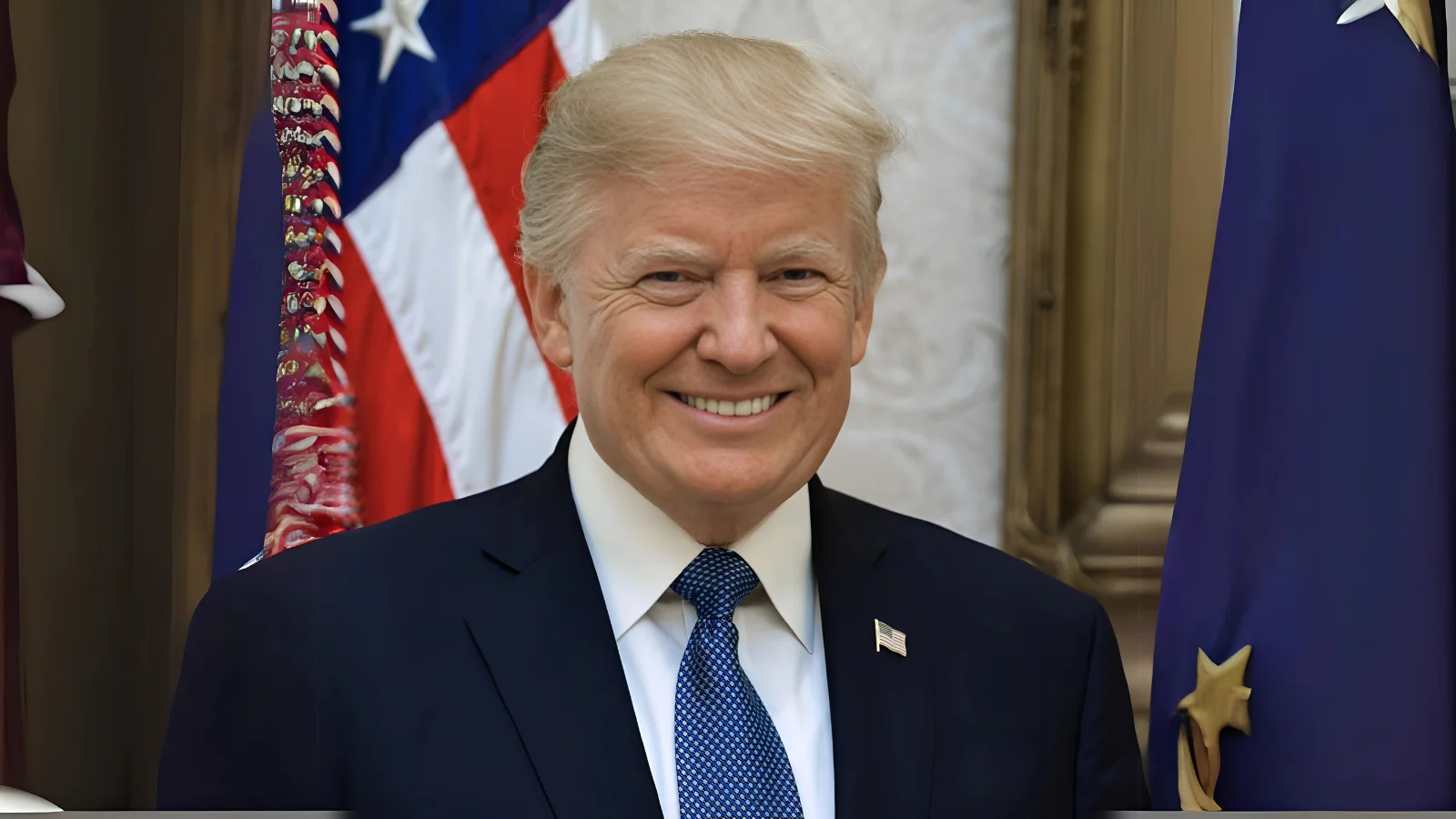President Donald Trump | Wikimedia Commons
President Donald Trump | Wikimedia Commons
On July 4, President Trump signed the One Big Beautiful Bill Act (OBBBA) into law. This tax legislation extends provisions of the Tax Cuts and Jobs Act (TCJA), incorporates several of Trump's campaign pledges, and reduces clean-energy-related tax breaks.
The changes in the OBBBA affect both individuals and businesses, with most becoming effective for tax years starting in 2025.
For individuals, key changes include making permanent the TCJA’s individual tax rates ranging from 10% to 37%, nearly doubling the standard deduction to $15,750 for single filers, $23,625 for heads of households, and $31,500 for joint filers. The elimination of personal exemptions is also made permanent. Additionally, the child tax credit increases permanently to $2,200 with inflation adjustments. The deduction limit for state and local taxes temporarily increases to $40,000 with a gradual increase until 2029.
Businesses will see a permanent expansion of the 20% qualified business income deduction for owners of pass-through entities and sole proprietorships. A permanent 100% bonus depreciation is introduced for assets acquired after January 19, 2025. There is also a new provision allowing a full deduction for “qualified production property” placed into service between July 4, 2025, and before 2031. Furthermore, the Sec. 179 expensing limit rises to $2.5 million with an expensing phaseout threshold at $4 million.
This article was provided by Maner Costerisan.





 Alerts Sign-up
Alerts Sign-up